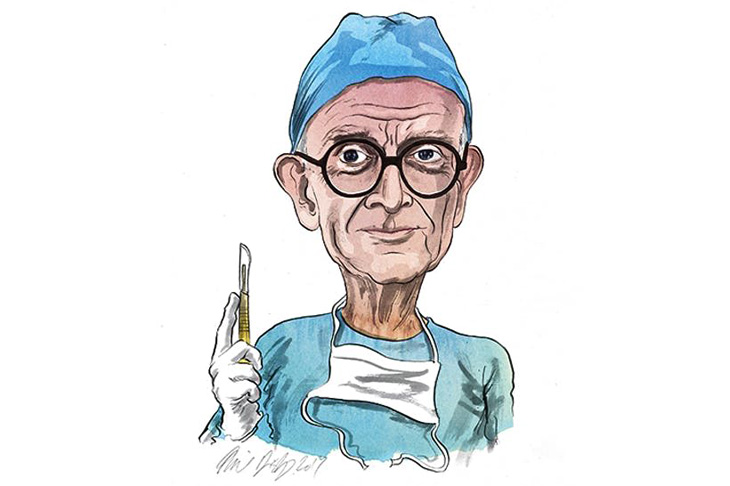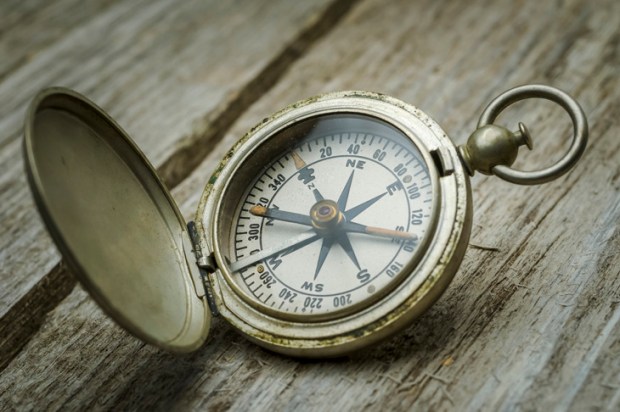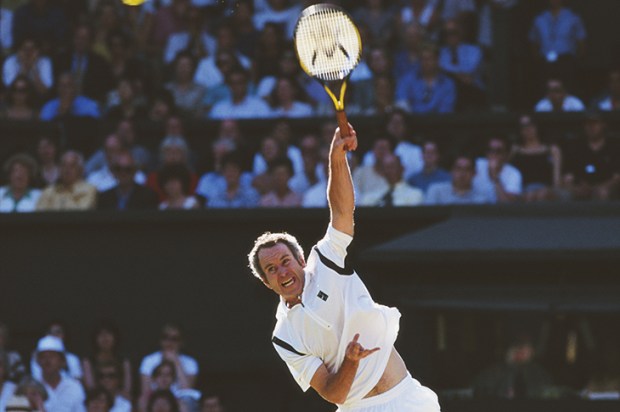Henry Marsh’s book Do No Harm (2014) was that rare thing — a neurosurgeon showing his fallibility in public and admitting to the great harm that good intentions can cause. It was a stunning, even revolutionary work, displacing doctors from their traditional ivory towers and showing them to be not only human and vulnerable to misjudgments, but also capable of self-admonishment and regret. At the time, I said it should be required reading for medical students.
The follow-up, Admissions, continues the theme of self-examination. Marsh is an atheist, and in many ways his writing is like a secular confessional — hence the dual meaning of ‘admissions’. So unsparing is he in his self-criticism that there is no mention of the thousands of patients he has saved from dismal death: he concentrates almost solely on his perceived mistakes — in his personal as well as professional life.
Admissions has a wider scope than the first book. Marsh walks us briefly through his parents’ lives — his Oxford don lawyer father saved Marsh’s anti-Nazi German mother from having to give evidence against her workmates by marrying her — and touches on his childhood. Despite his almost masochistic urge to criticise himself, the book is frequently very funny. Marsh is impatient with the bureaucracy that now governs the lives of clinicians, and many doctors reading this book will, like me, silently cheer him on for his controlled sedition against the petty managerial rules and regulations that hinder clinical care. On one occasion, at the neurosurgical meeting, a trainee states that an octogenarian was sent home by the local hospital despite his legs not working. ‘But he couldn’t fucking walk’ chips in an anonymous voice of protest. Nowadays, these are the minor mutinies clinicians are reduced to against the chronic lack of resources that mean hospital staff spend hours hunting for beds and trying to negotiate theatre time.
On one occasion, catastrophe strikes, partly because there are now insufficient hospital beds to admit patients the day before operations, preventing a full history and blood tests being taken by junior doctors immediately before surgery. Litigation on the part of patients or their families is probably avoided only because of the immediate admission of fault, and heartfelt apology, offered by Marsh — even though the errors are often not his.
Marsh expands on his arduous work abroad (already touched on his first book) teaching in Ukraine and Nepal, which involves long days of seeing patients often with dismal prognoses for untreatable conditions. The contrast between his joy and self-fulfilment in Nepal and his anxiety in the Ukraine is clearly down to the differences between the two respective colleagues — in openness, willingness to take criticism, and empathy.
Admissions is pervaded by Marsh’s own awareness of his impending mortality. After retiring from his London hospital, he throws himself into neurosurgical work outside the UK, as well as into renovating a dilapidated cottage in Oxford, as a way of keeping old age at bay. He is terrified of succumbing to the dementia that hollowed out his gentle father. On the evidence of his writing, he will be sharp and brilliant for a long time to come. And when he does finally go, he will have left a great legacy — lessons in humility and humanity, not just for the profession, but for anyone prone to hubris.
Got something to add? Join the discussion and comment below.
Get 10 issues for just $10
Subscribe to The Spectator Australia today for the next 10 magazine issues, plus full online access, for just $10.
You might disagree with half of it, but you’ll enjoy reading all of it. Try your first month for free, then just $2 a week for the remainder of your first year.














Comments
Don't miss out
Join the conversation with other Spectator Australia readers. Subscribe to leave a comment.
SUBSCRIBEAlready a subscriber? Log in